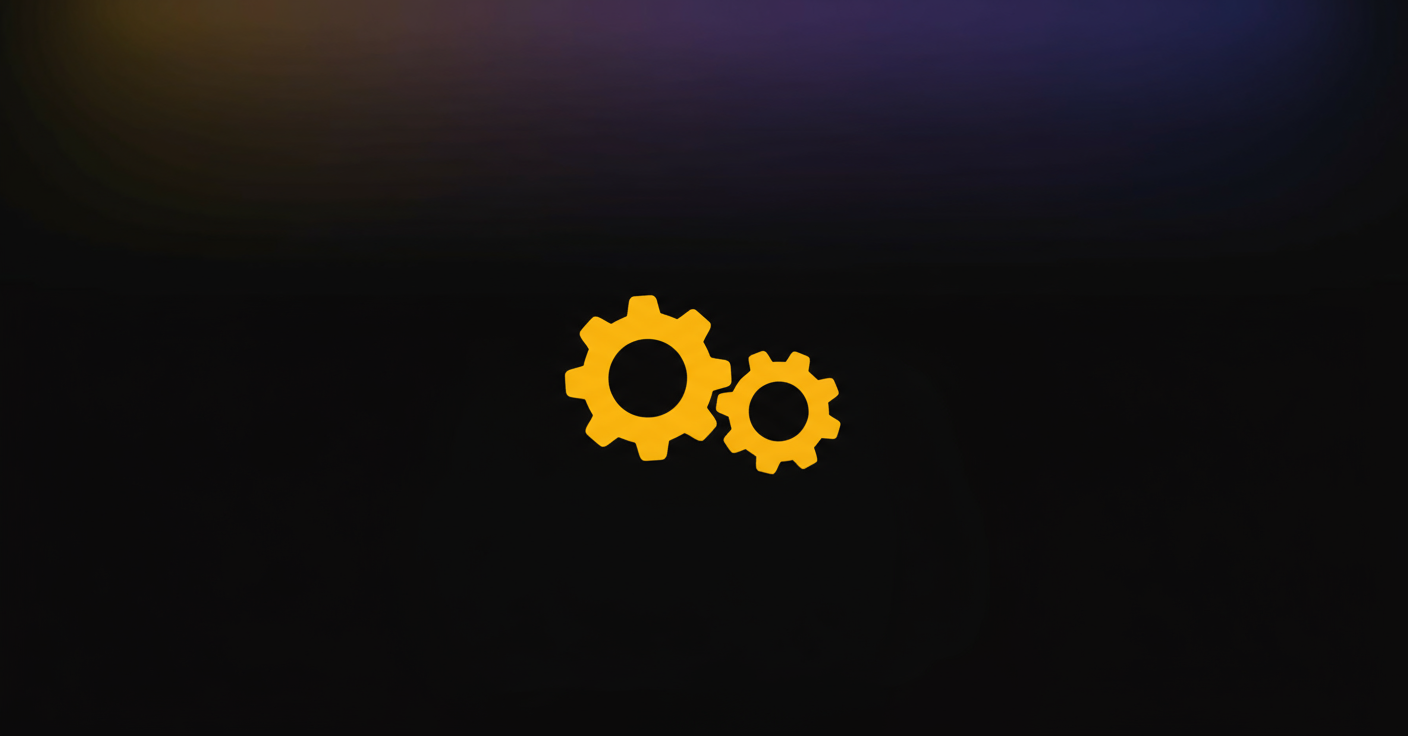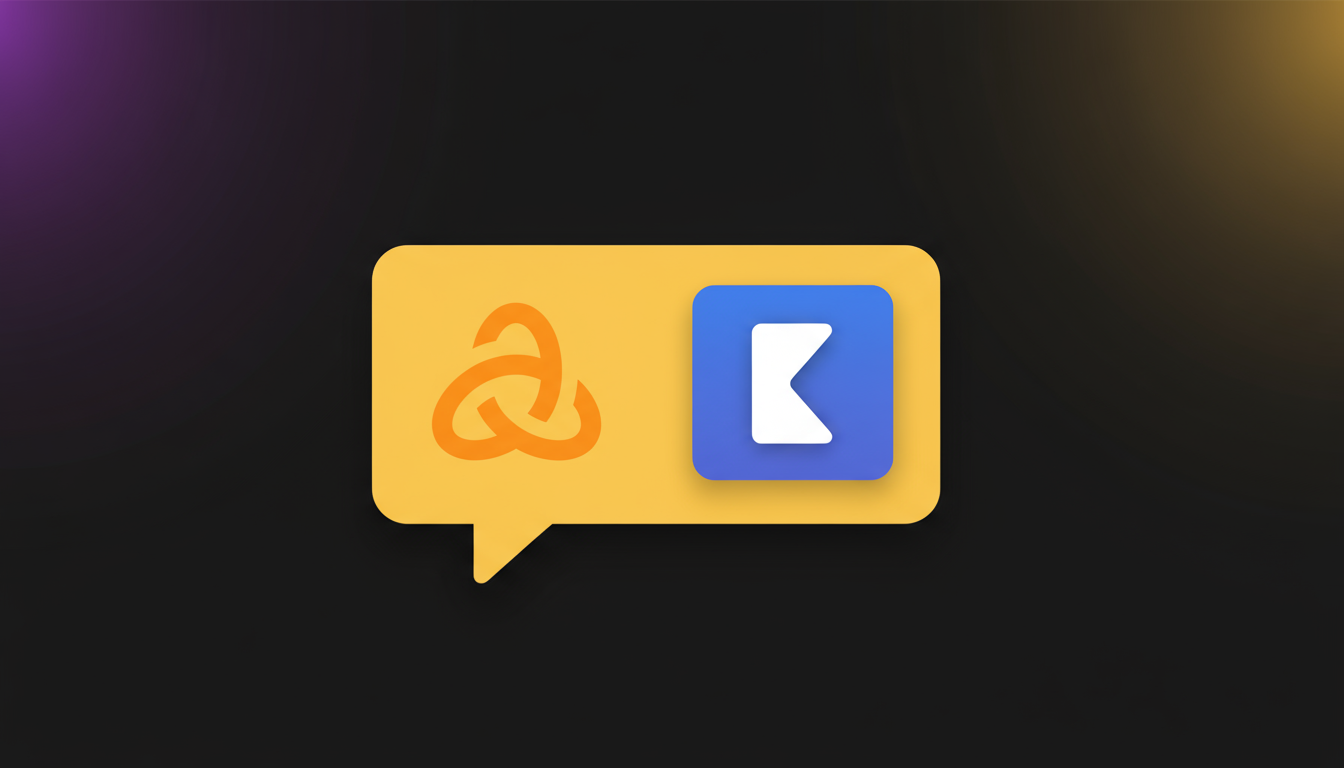Should You Study With Knowunity?

Students need tools that deliver clear steps and measurable progress. While some turn to Knowunity for quick notes and flashcards, many others choose Astra AI for structured problem-solving and exam-focused planning. This guide breaks down where each app excels, helping you choose the tool that will actually move your grades.
Two different approaches
Knowunity operates as a library of student-created content, offering peer notes, flashcards, and AI-powered quick answers. It’s good for rapid revision and browsing through summaries from students worldwide.
Astra AI functions as a methodical tutor, providing step-by-step problem guidance and personalized study plans tied to your exam dates. It specializes in subjects requiring systematic approaches, particularly mathematics and sciences.
Feature comparison

Speed and problem-solving
Knowunity delivers answers through its scan feature and chat function—ideal for quick definitions, single examples, or immediate hints during homework.
Astra AI teaches repeatable methods through guided steps, explaining not just what to do, but why each step matters. After each solution, it provides similar problems to reinforce learning independently.
Study planning and progress tracking
Knowunity offers ad-hoc study sessions with light topic suggestions. You browse, select, and practice at your own pace—good for self-directed learners seeking quick wins.
Astra AI creates daily study plans synchronized with your exam schedule, complete with progress tracking and error analysis. You'll always know your next task and which mistake patterns need attention.
Content and resources
Knowunity boasts a peer-note library spanning multiple countries and curricula. Its strength lies in providing diverse perspectives and chapter summaries at a glance.
Astra AI integrates your own materials—class notes, past papers, and textbooks—into personalized practice sessions. Tasks emerge from your specific curriculum rather than generic question banks.
Practice methods
Knowunity emphasizes memorization through flashcards and quick quizzes, making it good for facts, formulas, and terminology retention.
Astra AI focuses on multi-step problem-solving with Socratic prompting and targeted error correction. This approach builds deeper understanding in math, physics, chemistry, and other method-heavy subjects.
Addressing real user concerns

The paywall controversy
Knowunity's evolution from a free community platform to an AI-centric app with premium features has frustrated early adopters. Many power users who expected open access now encounter usage caps and paywalls. While the app still serves light browsing and quick practice well, heavy users may find the limitations disruptive.
Platform preferences
Knowunity primarily targets mobile users, with limited web functionality often pushing desktop users to the app. For those preferring keyboards and larger screens, consider using Astra AI's more robust desktop interface.
Teacher alignment
Since Knowunity relies on student-generated content without formal teacher curation, treat its notes as supplementary material. Always cross-reference with your teacher's methods and notation. Astra AI complements classroom instruction more directly by incorporating your actual class materials into its study plans.
What users are saying
Knowunity Feedback
“Knowunity started off as such a good idea. It helped me revise with resources specific to my course. Now it feels unusable unless you pay for premium. Search results marked as a perfect match are blocked without a subscription.”
“Only ads and paywalls on the whole app. Cannot even screenshot anything.”
“Cards at will and offline saving used to work. Now there is advertising with every click and good sheets are blocked for non-subscribers.”
What this tells you: The core value—fast revision from a broad notes library—still resonates. But heavy users repeatedly hit friction: premium gates on top results, screenshots disabled, and ads that interrupt flow.
Astra AI Feedback
“I missed a week of school. I typed ‘explain Heron’s formula’ and got the full path from start to finish. I went back and did not feel behind.”
“It lets you think for yourself and still gives clear steps. As a parent I can finally help without guessing.”
“I got the highest score on every math test this year. When I was stuck, the tutor got me through exam-level questions.”
What this tells you: Users highlight method over shortcuts—guided steps, reasons for each step, and re-practice on mistakes. Parents can follow along, and students report steady score gains when they stick to the plan.
The learning science behind each approach
Both apps support proven techniques like spaced repetition and retrieval practice through cards and quizzes, effectively improving recall of definitions and formulas.
Where they diverge is in skill transfer. Astra AI's Socratic method—attempt, explain reasoning, solve similar problems, track and drill errors—builds durable skills for timed, multi-step assessments. This systematic approach proves particularly valuable when facing complex exam questions under pressure.
Subject-specific recommendations
Mathematics and Sciences
Choose Astra AI for its systematic methodology, pacing tools, and confidence-building approach to multi-step problems. The daily practice sets, timed problems, and targeted error correction create measurable improvement.
Languages and Humanities
Choose Knowunity for rapid access to terminology, key dates, authors, and structural patterns. Supplement with independent writing practice for comprehensive exam preparation.
Mixed course loads
Begin units with Knowunity to map chapter structures and build vocabulary. Transition to Astra AI as soon as possible to solidify methods, eliminate error patterns, and practice under timed conditions. Maintain brief daily card reviews throughout.
Making your decision

Choose Knowunity if you:
- Need quick access to diverse student perspectives
- Focus on memorization and rapid revision
- Already have a solid study plan in place
Choose Astra AI if you:
- Need systematic, repeatable problem-solving methods
- Need a tutor guiding you from the beginning to the end
- Want structured daily plans aligned with exam dates
- Require detailed progress tracking and error analysis
- Seek measurable improvement in complex subjects
Platform availability
Knowunity: iOS and Android (mobile-first design)
Astra AI: iOS, Android, and full web access with synchronized progress across all platforms
Maximizing success with either app
Regardless of your choice, these habits amplify results:
- Define your scope - List exact topics appearing on upcoming tests before studying
- Practice consistently - Three 20-minute sessions outperform one hour-long marathon
- Track mistakes - Document each error in one line, then convert it to targeted practice
- Test yourself - Complete weekly timed sets on your weakest topics
The bottom line
Knowunity is good at rapid content access and flexible revision through its vast student-note library. Astra AI delivers structured learning through systematic problem-solving and adaptive planning that produces measurable progress.
For exams heavy on multi-step problems, start with Astra AI to build methodical habits early. The key is matching the tool to your immediate need.
